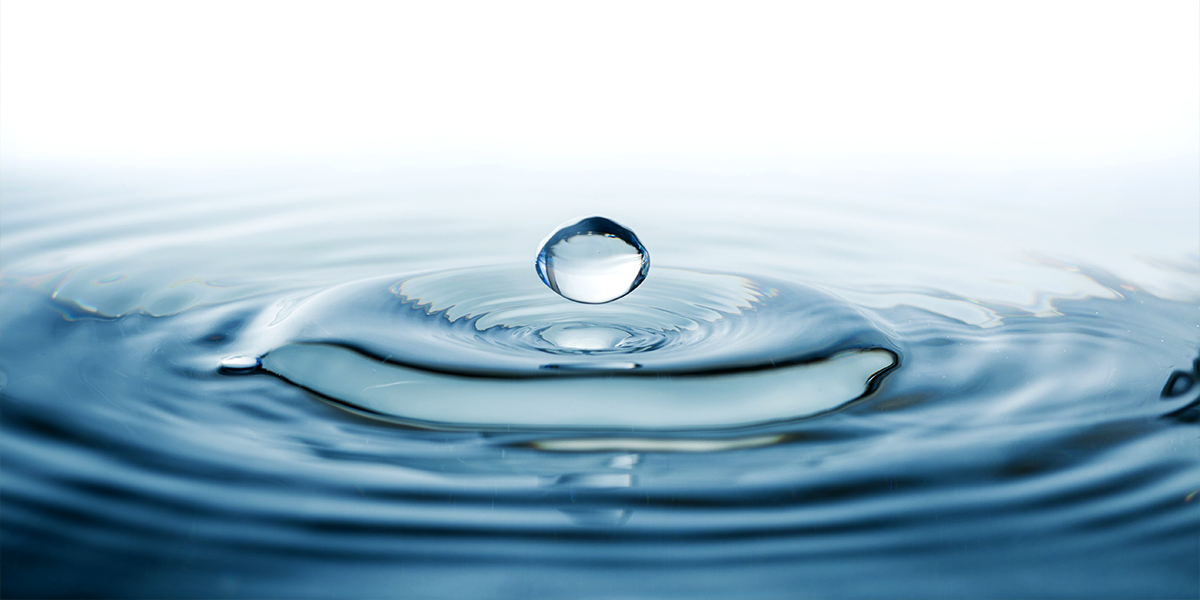Retrouvez ici les indispensables et meilleures ventes pour nos propriétaires de bassin.
Retrouvez ici les indispensables et meilleures ventes pour nos propriétaires de bassin.

That's it, your pool is finally finished: it's all beautiful and ready to use. At this point, what more do you need to do? As is often recommended, it is important to consider certain parameters before considering filling it with fish.
Among other criteria, it will be necessary to make sure to have added the bottom substrate, which will serve as a shelter for microorganisms and bacteria. These are of great importance, both for the biological balance of the pond and for the health of the fish.

Aquatic plants will be an integral part of your pool, intervening in particular in the oxygenation of it. Ideally, it is generally advisable to put aquatic plants first.
This makes it possible to control their stability, and to ensure that we have very clean water. Indeed, this will not be the case if you put plants in water, after having bought them. This could mix the soil and the water: you will end up with very dirty water.
A suitable and correctly installed filtration system is the guarantee of a balanced and healthy pool. There are several models, which are chosen according to their performance and the size of the pool.
Filtration is considered good when all the water in the pool is recycled in an hour, an hour and a half.
The quality of the water used is critical to the health of your system. This water will be used by both fish and plants. Ideally, we recommend using tap water instead. Optionally, you can also use borehole water.
We will go over a few possibilities.

First of all, rainwater is not the best for fish. In this case, in the rainwater, there is nothing. There are no carbonates or mineral salts. And yet, to stabilize the pH of a body of water, we absolutely need carbonates.
If it seems ideal at first glance, rainwater is therefore not really recommended for water in a pond.
River water is often advised against when talking about ponds and fish. The logic is understandable: theoretically, the river is the natural environment of fish. Now, you should know that rivers and streams are usually full of pollutants.
These waters therefore contain pesticides, fertilizers or other products from agriculture and industry. River water can also contain parasites and viruses. In short, river water is quite usable. But it's a bit like tossing a coin.
Now, if you live at the foot of a mountain, there is a greater chance that the water will be of better quality and free of pollutants. However, this does not eliminate the danger of parasites.
As for tap water, it's going to depend a lot on where you live. Both the environment and local standards may therefore differ. The small problem is that to treat all the pathogens, there will be an addition of chlorine, fluorine, etc.
There may therefore be a lot of substances added, to comply with European standards. There may also be the presence of biocides, which are very dangerous for living beings.
For a better overview of the products used in different countries, you can consult this table of water disinfection application standards for the EU.
Without big surprise, you will see that chlorine is one of the most used products. This table will therefore provide information on the use of Chlorine, Chlorine Dioxide, Chlororamines, Ozone and UV. In the case of chlorine in particular, it is volatile and will evaporate within hours.
Once you have the quality of the water that will occupy your ponds, do not immediately think of putting your fish. We wrote an article explaining how long to wait before putting fish in a new tank.
After putting in the water, it is advisable to wait a few weeks and analyze the water in a pool . If you want special support, you can go to a shop specializing in aquariums.
Is your water now drinkable? You can now proceed to the bacteria supply. This will improve your water, and make it the most naturally sticky. This is an important parameter for fish and other living beings in your pond!
Aquipond Greenstab - Natural treatment against pond algae It is a natural product that helps limit algae at any time. It also has a prevent...
View full detailsReduces the layer of silt in the pond by at least 40% Easy to use with less impact on biodiversity Prevents fermentation, bad odors. pH ...
View full detailsOrganic dye to block plant growth by limiting photosynthesis ORGANIC PRODUCT NON TOXIC TO HUMANS (DIVING) AND FISH. 100% NATURAL AND BIODE...
View full detailsThe positive effects of barley straw have been known to water enthusiasts for a long time. But currently barley straw is difficult to find and i...
View full detailsReduces at least 40% of the layer of silt in the pond Easy to use with less impact on biodiversity Prevents fermentation, bad odors. ...
View full details
Comments
Leave a comment